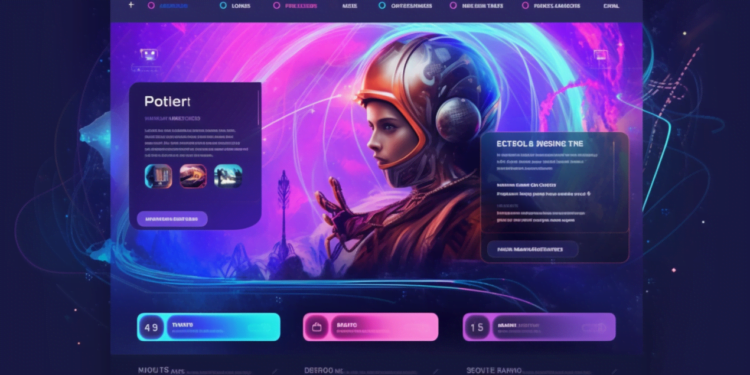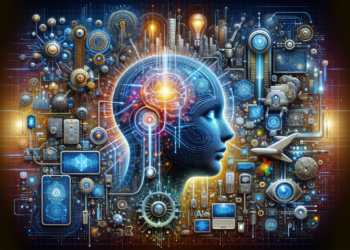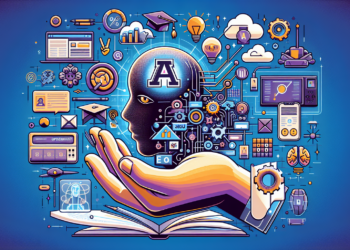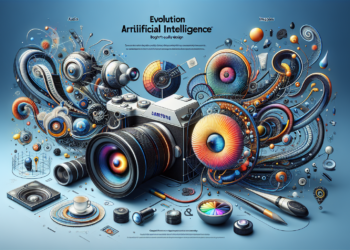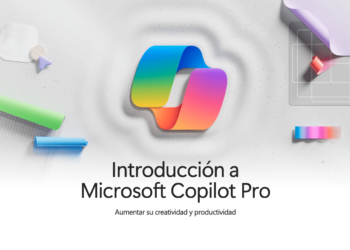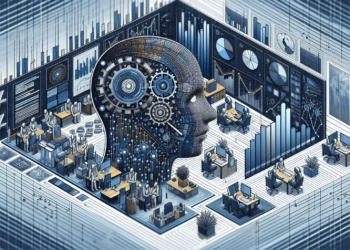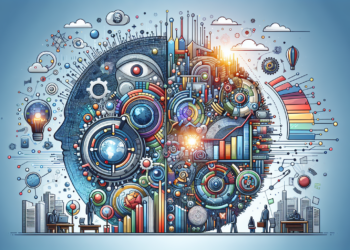The emergence of Elementor AI in the web technology landscape signifies a cutting-edge convergence of artificial intelligence (AI) and website creation, offering users a powerful tool that combines versatility and automation in the design and development of digital presences. This article dives into the technical depths of Elementor AI, examining its fundamentals, applications, and how it reshapes the frontier of what’s possible in the contemporary web.
Foundations and Architecture of Elementor AI
Elementor AI is grounded in a framework of machine learning and natural language processing (NLP), enabling the platform to understand and realize the user’s requirements and preferences in a web design interface. By implementing convolutional neural networks (CNNs) for the recognition of visual patterns and recurrent neural networks (RNNs) for processing textual sequences, Elementor AI can anticipate design intentions and provide contextual solutions.
Advances in Algorithms and Automation
Advancements in reinforcement learning have enabled Elementor AI to employ agents that learn optimal design policies through interaction with a simulated web design environment. This means that Elementor AI not only applies preexisting knowledge but also adapts and enhances its design strategies dynamically. The underlying Bayesian optimization algorithms enable an efficient search in the design possibility space, reducing the time needed to arrive at robust and aesthetically pleasing solutions.
Human-AI Interaction and User Experience
From a human-AI interaction perspective, Elementor AI integrates conversational interfaces based on attention models, which allow for more fluid and natural communication with the user. The user interfaces (UIs) that integrate these AI systems are specifically designed to adapt and respond to the designer’s verbal and non-verbal inputs, learning from iterations and refining their responses over time.
Emerging Practical Applications
One of the most prominent application areas of Elementor AI is the mass customization of websites. With this tool, it is feasible to automatically create personalized web pages for each user, a task that used to consume a significant amount of human and technical resources. For example, a retail chain can design a website that dynamically adapts to each customer based on their browsing behavior and purchase history, improving the user experience and enhancing sales conversion.
Comparison with Previous Tools
When comparing Elementor AI with traditional website creation tools, its ability to integrate and execute in real-time tasks that typically require the intervention of a web designer stands out. Previous versions or competing tools are limited to offering static templates or require a considerable amount of manual customization, while Elementor AI offers a more adaptive and proactive solution in web design conception.
Projections and Future Directions
On the horizon for Elementor AI, the application of even more sophisticated AI techniques, such as federated deep learning, is anticipated, which would allow for distributed customization and learning without compromising user data privacy. Also, the integration of explainable AI capabilities will promote a greater understanding and trust in automatically generated design decisions, a crucial aspect for their acceptance and adoption by web designers and developers.
Case Studies
The benefits of Elementor AI are evident in case studies such as the automatic redesign of a high-traffic e-commerce website, in which an adaptive AI-based interface was implemented to segment and optimize the user experience, resulting in a measurable increase in conversion rates and customer retention.
Conclusion
The suite of tools that comprises Elementor AI aims for a democratization of website design, where users without advanced technical knowledge can produce professional-quality results. Likewise, for design professionals, Elementor AI becomes a strategic ally that allows scaling up production and focusing efforts on creativity and strategic content. The revolution that Elementor AI has introduced is set to solidify and expand, marking a milestone in the relationship between artificial intelligence and web design that will undoubtedly set the standard for the future development of intelligent web applications.

